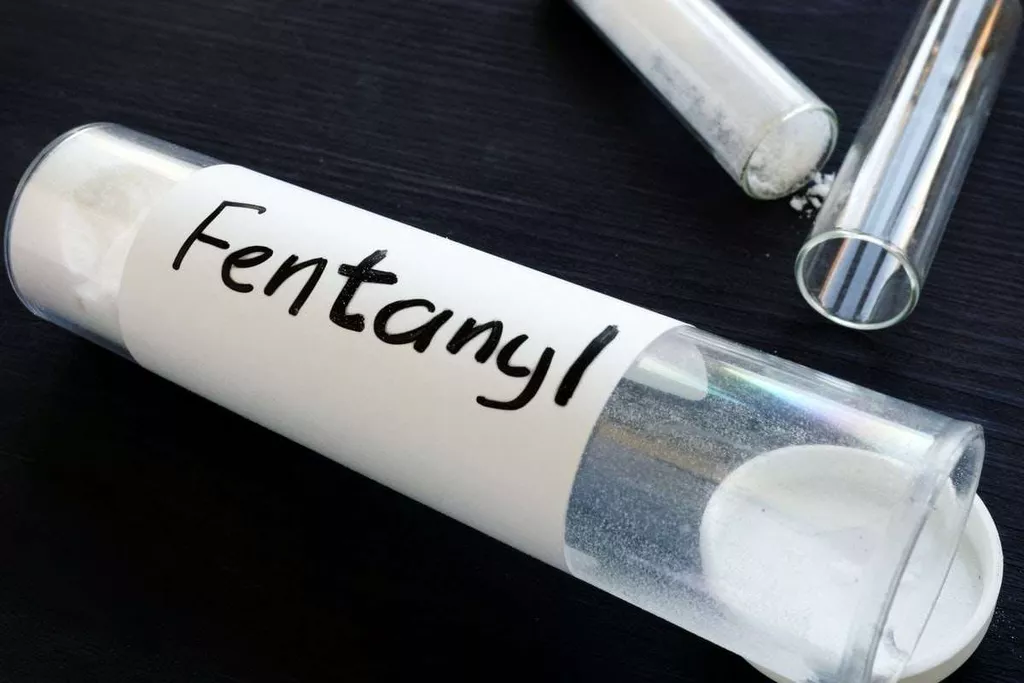
All benzodiazepines can produce these effects whether taken as sleeping pills or anti-anxiety drugs. The social and economic consequences of chronic benzodiazepine use are summarised in Table 3 (Chapter 1). Benzodiazepine withdrawal syndrome is a complex physiological and psychological process that occurs when an individual who has taken the drug for an extended period either reduces the dosage or stops its consumption altogether. The symptoms of withdrawal are the body’s response to its dependency on the substance and its sudden absence from the system.
Lifestyle Quizzes
It is generally agreed that dosage should be tapered gradually in long-term benzodiazepine users. The rate of withdrawal should be individually tailored to the patient’s lifestyle, personality, environmental stresses, reasons for taking benzodiazepines, and amount of support available. For most patients on therapeutic doses of benzodiazepines, withdrawal is best completed on an outpatient basis. Such an approach, in the patient’s own environment, allows time for both pharmacological and psychological adjustments and permits the patient to continue with his normal life while building up alternative coping strategies. Recovery of cognitive functions occurs to some extent after benzodiazepine withdrawal but it may be drug addiction treatment slow and perhaps incomplete and may persist as a protracted withdrawal symptom. Improvement in cognitive function after benzodiazepine withdrawal was noted in elderly nursing home residents(37) and in elderly patients withdrawn from long-term hypnotics(38).
6. WITHDRAWAL MANAGEMENT FOR ALCOHOL DEPENDENCE
Withdrawal is considered something that goes away within days or weeks of stopping a drug. If you are going to talk to your doctor about these sorts of problems, then it is best to describe the problem as symptoms that happened after stopping the drugs emphasis added. I realize that many physicians will declare these new symptoms the start of a new mental illness – usually bipolar – but calling it protracted withdrawal just confuses the doctor.
- In my experience, the only exception to the general rule of slow reduction is triazolam (Halcion).
- The symptoms are sometimes called rebound symptoms, as the person starts to feel the return of whatever symptoms they originally started taking benzos to manage.
- Most people do okay with tapering their benzodiazepines at home with the help of their primary care doctor or psychiatrist.
- Others might experience a few weeks or months of uncomfortable, but bearable, symptoms.
- The intensive outpatient program offers similar therapy and support but allows individuals to reside at home while attending therapy sessions.
- For some, the withdrawal can take weeks or months—and for some it will last for years or never fully resolve.
- Psychological effects also include the risk of developing dependence, as some individuals may misuse or become addicted to these drugs.
What makes benzodiazepine withdrawal so dangerous?
Protracted withdrawal, also known as post-acute withdrawal syndrome (PAWS), refers to a subset of withdrawal symptoms that persist for months, or even years, after stopping benzodiazepines. While acute withdrawal symptoms are intense and predominantly physical, protracted withdrawal symptoms can be more subtle, chronic, and often more psychological in nature. Several other drugs have been tested in clinical trials of benzodiazepine withdrawal to see if they could speed the process, prevent or alleviate withdrawal symptoms, or improve the long-term success rate. Many of these trials have involved what is considered here as over-rapid withdrawal. Neither drug had any effect on the severity of withdrawal symptoms, but the rate of taper was 25% of the benzodiazepine dose each week – a rather fast withdrawal!
- Such an approach, in the patient’s own environment, allows time for both pharmacological and psychological adjustments and permits the patient to continue with his normal life while building up alternative coping strategies.
- PAWS can last for weeks or even months depending on the severity of the addiction.
- However, rapid withdrawal, especially from high potency benzodiazepines, can precipitate epileptic fits as a rebound reaction.
- Withdrawal symptoms can be complicated and more severe when people mix other substances, like alcohol, opioids or illicit drugs.
- Withdrawing from benzodiazepines can be a difficult, even dangerous process.
Such increases, coupled perhaps with “downstream” increases in sensitivity of excitatory receptors, may account for many benzodiazepine withdrawal symptoms. For example, the protracted perceptual and muscular disturbances described above raise the possibility that benzodiazepines are capable of inducing long-term hyperexcitability in central sensory and motor neural pathways. Usually the best judge is you, yourself; you must be in control and must proceed at the pace that is comfortable for you. benzos withdrawal symptoms You may need to resist attempts from outsiders (clinics, doctors) to persuade you into a rapid withdrawal. The classic six weeks withdrawal period adopted by many clinics and doctors is much too fast for many long-term users.

Risk Factors in Benzo Withdrawal
- If you take benzodiazepines infrequently, such as once a week or once every few weeks to treat panic attacks, you can take them for a longer period of time.
- Typically “Windows” of normality, when you feel positively well for a few hours or days, appear after some weeks; gradually the “Windows” become more frequent and last longer, while any intervening discomfort ebbs away.
- If you’re someone who often mixes benzos with alcohol, this increases your risk of overdosing.
With slow tapering, some long-term users have virtually lost all their symptoms by the time they take their last tablet, and in the majority symptoms disappear within a few months. Vulnerability to extra stress may last somewhat longer and a severe stress may – temporarily – bring back some symptoms. Symptoms are just symptoms after all and most of them in withdrawal are not signs of illness but signals of recovery. Furthermore, as your mind clears, you can work out more and more effective ways to deal with them so that they become less significant. Protracted withdrawal refers to the possible long-term effects of benzo withdrawal.

Sign 5: Seizures
Dopamine is a type of messenger that is partly responsible for how humans feel pleasure. Acute withdrawal begins after the initial withdrawal symptoms, generally within a few days. Symptoms generally last 5–28 days, though some may last for several months. Emerging research also suggests acceptance and commitment therapy (ACT) could also have benefits during benzodiazepine withdrawal.

How common is benzodiazepine dependence and withdrawal?
If a person experiences a seizure during benzodiazepine withdrawal, they should seek immediate medical attention. Medical professionals may administer anti-seizure medication and provide measures to prevent further seizures. It is important to note that improving sleep during benzodiazepine withdrawal may take time and patience. It is also important to work closely with a healthcare provider to develop a comprehensive treatment plan that addresses all aspects of benzodiazepine withdrawal. During withdrawal, individuals may experience rebound insomnia, which is the inability to fall asleep or stay asleep despite feeling exhausted. This is because the brain has become accustomed to the presence of benzodiazepines and has adjusted its activity accordingly.

Panic attacks
It is necessary to take the tablets several times a day and many people experience a “mini-withdrawal”, sometimes a craving, between each dose. At the start of my Benzodiazepine Withdrawal Clinic in 1982, no-one had much experience in benzodiazepine withdrawal. Yet, as explained in Chapter 1, there was strong pressure from the patients themselves for help and advice on how to withdraw. At first the withdrawal was a process of mutual trial (and sometimes error), but through this experience some general principles of withdrawal – what works best for most people – emerged. Stopping benzodiazepines suddenly can lead to severe withdrawal symptoms, including life-threatening conditions like seizures.

Leave a Reply